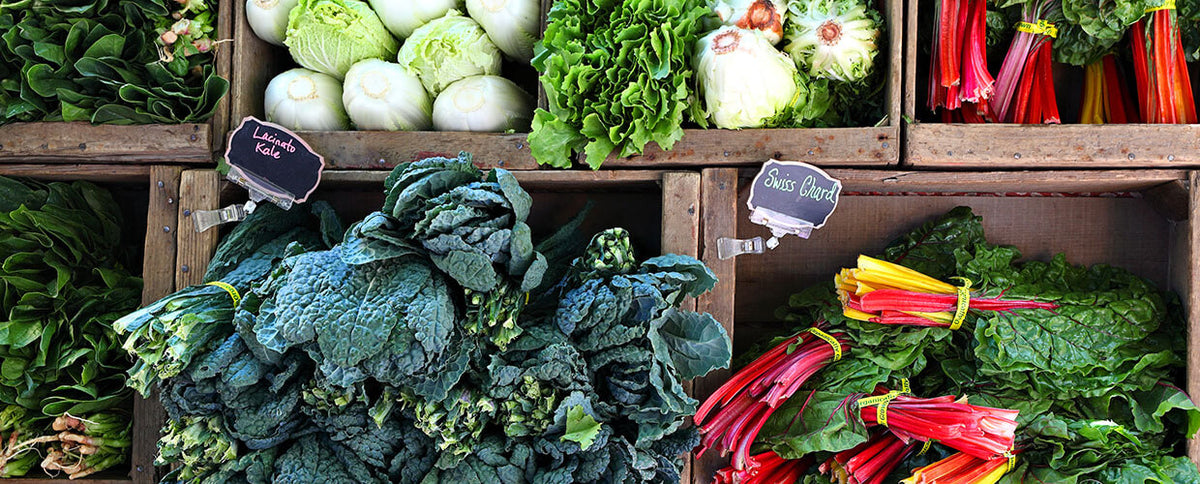4 Tips to Eat With the Seasons (Without Breaking the Bank!)

Eating with the seasons on the cheap seems challenging at first glance. But is it really true that eating healthier is more expensive? It doesn’t have to be. Follow these recommendations to help you eat healthy without breaking the bank.
1. Eating With the Seasons Means Shopping In Season
Fruits and veggies are freshest and at their lowest price point when you’re eating with the seasons. This is because they’re more available and have fewer miles to travel to get to your store.
What’s in season for May and June? Vegetables like zucchini, vidalia onions, green beans, artichokes, asparagus, cucumbers, and okra, and fruits like blueberries, cherries, peaches, and berries
2. Go organic when you can, but don’t feel like you have to
The Environmental Working Group identifies a yearly group of produce with the greatest and least pesticide use. The following list, dubbed the “Clean 15,” are the least affected by pesticide use, so save your money and skip the organic option.
- Avocado
- Sweet Corn
- Pineapple
- Cabbage
- Onion
- Frozen Sweet Peas
- Papaya
- Asparagus
- Eggplant
- Honeydew melon
- Kiwi
- Cantaloupe
- Cauliflower
- Broccoli
- Mushroom
What do most of these have in common? A thicker outer layer that you won’t be eating (pineapple, avocado, onion, corn). Just remember to rinse them well before cutting in to them to keep any outer layer contaminants from being cut into the fruit or veg.
3. Shop in bulk and freeze the extras.
Eating with the seasons is a great way to save money. But how can you keep those savings going all year? By taking advantage of a sale, buying extra, and freezing them. Sweet deal on blueberries? Great! Buy some to enjoy now, and freeze the rest so you can enjoy these antioxidant-rich berries mid-winter. Certain items such as berries and peppers freeze easy and will keep in the freezer for up to 12 months.
4. Don’t be afraid of frozen and canned.
Fresh may be best, but the healthiest foods are the ones you can eat. If the cost of always buying fresh means you end up buying, and eating, less veggies and fruits, is that really better? Frozen and canned varieties are processed at the peak of freshness and go through either a flash freeze or flash cooking process to make them sustainable in their packaging while maintaining nutritional properties. Perhaps you’re trying to buy more organic but can’t afford fresh peaches, but the price point on a can of organic peaches fits in your budget. Win-win!
When you’re shopping for canned foods, opt for versions with no added salt, and drain the liquids and rinse well before preparing to avoid extra sodium and syrups.




